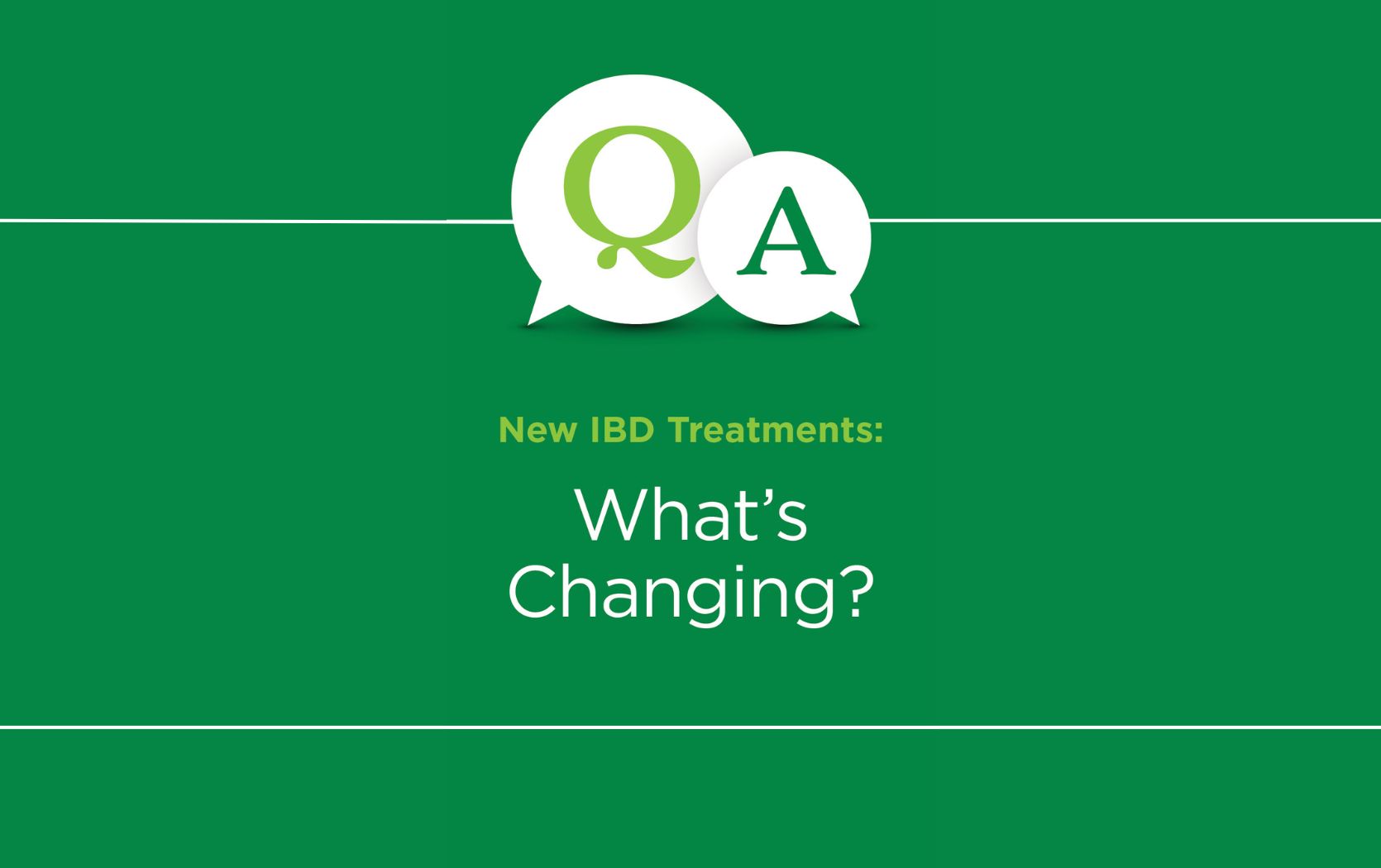![]()
Enjoy this post from Aaron Roberts, MD, PPG – Sleep Medicine.
As of December 2018, there were more than 25.4 million active Fitbit® users worldwide. While Fitbit is a popular brand in today’s world of fitness trackers and wearable technology, you might be surprised to hear the company only makes up around 10 percent of the market. In a rapidly growing and competitive marketplace, companies like Fitbit have added sleep monitoring to their products’ functionality to set themselves apart from the competition.
Why does sleep matter? Many studies have linked poor sleep to multiple medical problems including dementia. But how accurately do these products track your sleep? In this post, we’ll explore some popular name brands and see how they stack up against current standards.
The science
The current gold standard for monitoring a person’s sleep is a polysomnography (a.k.a. sleep study). This process includes placing numerous electrodes on someone’s head in a sleep lab environment to monitor their brain waves and determine sleep from wakefulness, along with sleep staging. As you might imagine, this can be quite labor-intensive and even disruptive to achieving sleep in some cases.
An alternative tool often used is actigraphy, which is an accelerometer continuously worn on the wrist over numerous days and nights. Parameters such as movement, heartrate and light exposure are used to determine if a person is awake or asleep. While not as precise as a formal sleep study, it does have the advantage of being less sleep disruptive and also collects information over a period of time rather than just one night. Since most wearables have an accelerometer component, companies are able to apply their own algorithm to track sleep.
The players
Although Fitbit is the main focus of this article, Garmin™ and Jawbone are other companies with fitness tracking products on the market. A recent study compared these products’ ability to estimate sleep with actigraphy and self-reported sleep. The results showed variation between each product, but overall was very consistent with previous studies of wearable trackers, showing high sensitivity (ability to correctly identify sleep) and low specificity (ability to correctly identify wakefulness).
The Jawbone and Fitbit products showed the greatest similarities when compared to self-reported sleep while the Garmin and Jawbone products were closest to matching time in bed. Interestingly, some of the products had better approximations to an individual’s sleep than previously used research-grade actigraphy. This does give hope that one day these devices may be used as a lower-cost alternative to track a person’s sleep.
The drawbacks
When Apple introduced its latest watch, Apple Watch® Series 4, it came with the ability to detect atrial fibrillation (Afib), which is essentially an irregular heart rate. The upgrade also came with a warning that it does not officially diagnose Afib, but rather helps to raise awareness so you can work with a physician for further evaluation and management. Similarly, a Fitbit is not meant to diagnose specific sleep problems, but can raise your awareness of potential sleep issues. If you’re concerned that you might have a sleep disorder, it is recommended to see your primary care physician or a sleep specialist.
The information obtained from your Fitbit must also be taken with a grain of salt. While the technology is always improving, research on the accuracy of fitness trackers has been primarily done on healthy individuals with normal sleep/wake cycles. That means if you suffer from chronic insomnia and lay still awake in bed for prolonged periods of time, your Fitbit might think you are asleep and inaccurately log this.
Data can also vary depending on the device you use and its mode. One study showed the “normal” mode significantly overestimated total sleep time by 41 minutes while the “sensitive” mode underestimated total sleep by 105 minutes when compared with a sleep study. Such discrepancies could lead you to think you are getting too much or too little sleep, when you are actually getting an adequate amount.
Conclusion
If you are using your fitness tracker to primarily diagnose an underlying sleep disorder, then you should be very cautious of the results. The data can tell you rough estimates of how much sleep you obtain, but it can also underestimate or overestimate your total sleep and does not tell you anything about the overall quality. It should be used to see if you are maintaining a normal sleep schedule or not and as additional information to give to your physician, such as in the case of the Apple Watch and AFib. I have no doubt one day the same device that you use to tell time will also tell you about your sleep and much more, but for now it should be viewed as a fun gadget.



